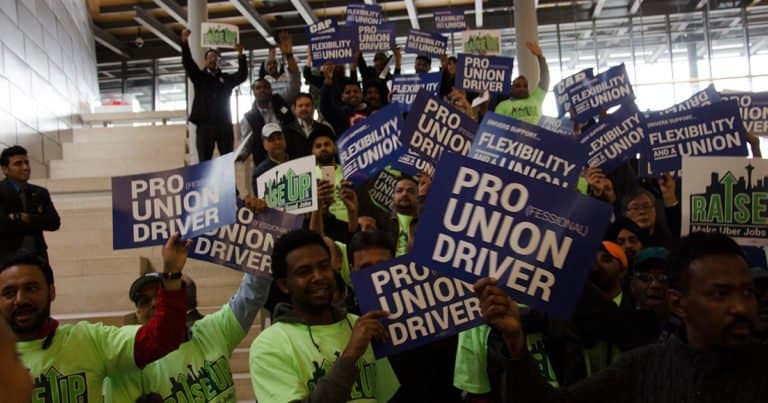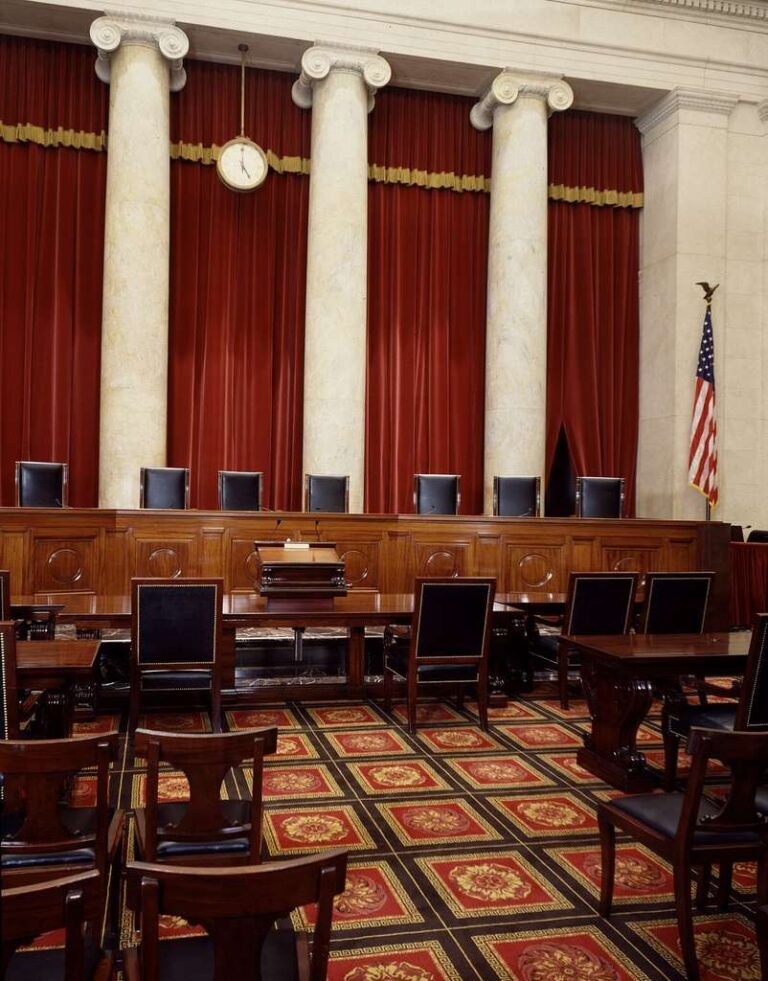Jon Weinberg is a student at Harvard Law School.
In a historic move, California will grant farm workers an expanded right to overtime pay that now matches that of other workers. According to The Los Angeles Times, new rules will be phased in over four years beginning in 2019, and “will lower the current 10-hour-day threshold for overtime by half an hour each year until it reaches the standard eight-hour day by 2022″ as well as ” phase in a 40-hour standard workweek for the first time. The governor will be able to suspend any part of the process for a year depending on economic conditions.” More than 90% of California farm workers are Latino, and more than 80% are immigrants.
The faculty lockout at Long Island University continues. Inside Higher Ed reports that “Long Island University’s American Federation of Teachers-affiliated faculty union filed an unfair labor charge against the university with the National Labor Relations Board.” Charges include “repudiation of contract, refusal to bargain/bad faith bargaining, changes in terms and conditions of employment, and lockout.”
The battle over the classification of gig economy workers is just as robust across the Atlantic. The Guardian published an op-ed on whether UK employment law adequately protects gig economy workers. As in the US, UK law looks to the activities performed by workers to determine their status, irrespective of any contractual agreements. The writer concludes that “the law ought to be reviewed, given that more and more people are working within the gig economy and losing out on rights.
In other news, The Boston Globe reports on a rally by MBTA drivers protesting partial privatization of the city’s transit system, while Fusion shows the changing face of American labor in 12 photographs.






Daily News & Commentary
Start your day with our roundup of the latest labor developments. See all
October 21
Some workers are exempt from Trump’s new $100,000 H1-B visa fee; Amazon driver alleges the EEOC violated mandate by dropping a disparate-impact investigation; Eighth Circuit revived bank employee’s First Amendment retaliation claims over school mask-mandate.
October 20
Supreme Court won't review SpaceX decision, courts uphold worker-friendly interpretation of EFAA, EEOC focuses on opioid-related discrimination.
October 19
DOL issues a new wage rule for H-2A workers, Gov. Newsom vetoes a bill that regulates employers’ use of AI, and Broadway workers and management reach a tentative deal
October 17
Third Circuit denies DOL's en banc rehearing request; Washington AG proposes legislation to protect immigrant workers; UAW files suit challenging government surveillance of non-citizen speech
October 16
NLRB seeks injunction of California’s law; Judge grants temporary restraining order stopping shutdown-related RIFs; and Governor Newsom vetoes an ILWU supported bill.
October 15
An interview with former NLRB chairman; Supreme Court denies cert in Southern California hotel case